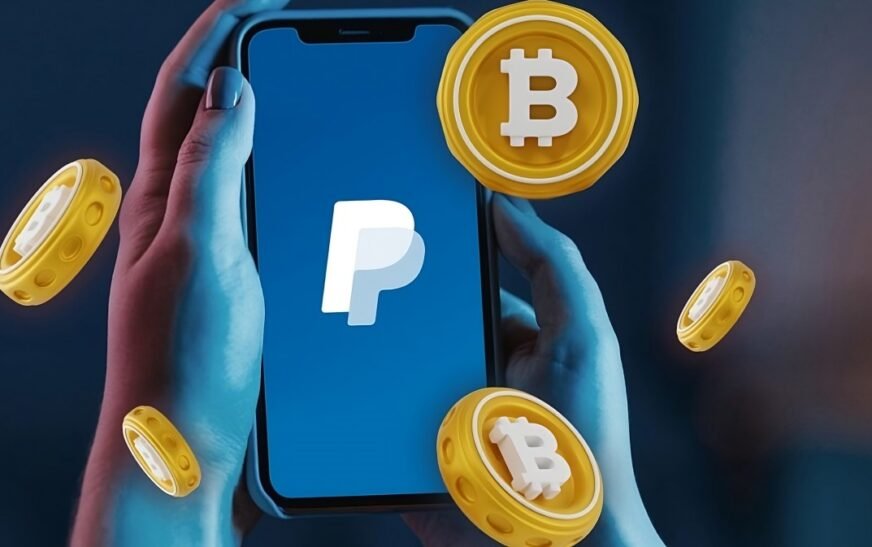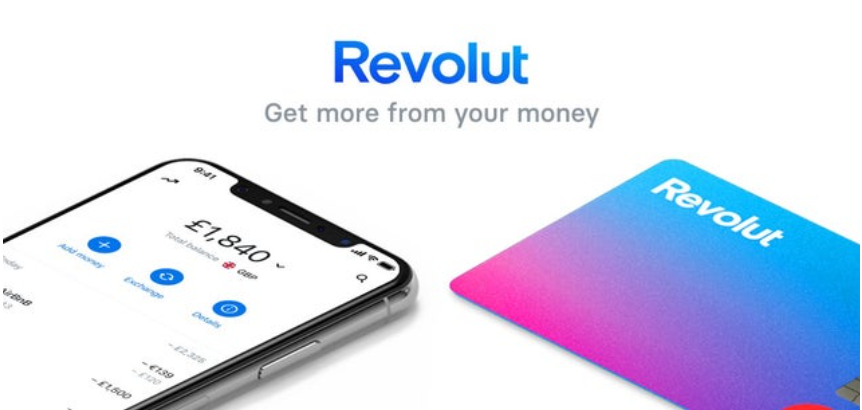PayPal is upping the ante in the stablecoin space with a major rewards programme that offers up to 3.7% annual interest for users holding its PYUSD stablecoin. Announced on 23 April, this move is set to boost adoption and real-world utility as the fintech giant leans deeper into digital finance.
How PYUSD Rewards Work?
Launched in 2023, PYUSD is a US dollar-backed stablecoin available on both Ethereum and Solana blockchains. The new programme will go live this summer for US-based users via PayPal and Venmo, allowing them to passively earn daily interest, with payouts processed monthly.
The rewards aim to encourage users to hold and use PYUSD in everyday transactions rather than merely treat it as a passive asset. From online shopping to remittances via Xoom, and even peer-to-peer transfers, the stablecoin is being pitched as a versatile financial tool.
More Than Just Interest
Beyond earning interest, PYUSD holders can spend their rewards in millions of online and offline stores, send money to friends or family without fees, and even move funds across wallets using Ethereum or Solana—ensuring full control and on-chain interoperability.

PayPal’s CEO Alex Chriss emphasised PYUSD’s growing integration across financial services, including commerce, crypto trades, and business payments. He hinted at upcoming features like vendor payouts and bill payments, which could expand the stablecoin’s utility even further.
A Growing Force in a Competitive Market
With a current market cap of around $873 million, PYUSD is the eighth-largest stablecoin. While still a minor player compared to Tether’s USDT ($145 billion) or Circle’s USDC ($62.7 billion), PayPal’s entry into rewards-based incentives could redefine how stablecoins engage users.
Other fintech firms such as Robinhood are also exploring stablecoin offerings, signalling a trend toward broader adoption and innovation in this space.
Regulation on the Horizon
PayPal’s move comes as the US Congress weighs two major regulatory bills—the STABLE Act and GENIUS Act. These aim to provide a clear legal framework for stablecoin issuance and backing, which could pave the way for mainstream financial integration.
According to Standard Chartered, a well-regulated environment could allow the stablecoin sector to balloon to $2 trillion by 2028. Against this backdrop, PayPal’s proactive push for use-case-driven adoption could give it a strategic edge in the evolving landscape.





















































